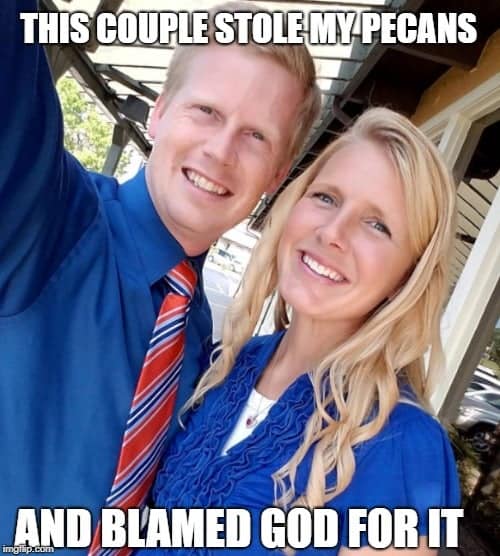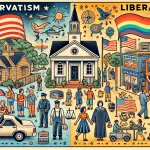Many people believe in fate. When bad or good things happen, they tend to think they happened for a reason – even for events that are entirely random (winning the lottery, for instance). Often, people think that these things happen because some guiding hand or supernatural force caused them.
So the question is, why are these delusions so common? Do we humans have an inbuilt predisposition (a cognitive bias) that leads us to anthropomorphize events? That’s one explanation that’s been suggested. The idea is that the brain machinery devoted to figuring out what’s going on inside another person’s head (the so-called ‘theory of mind’) also acts to interpret major life events as purposeful and meaningful.
 Alternatively, fatalism might simply be one other aspect of basic errors in thinking that lead to all sorts of mistakes about how the world operates. Perhaps fatalism is just a kind of paranormal delusion, and they are all caused by an inability to understand how the world works.
Alternatively, fatalism might simply be one other aspect of basic errors in thinking that lead to all sorts of mistakes about how the world operates. Perhaps fatalism is just a kind of paranormal delusion, and they are all caused by an inability to understand how the world works.
New research from Annika Svedholm and colleagues from the University of Helsinki suggest that’s exactly what happens.
They surveyed over two thousand Finns (mostly women, but with a good age range – not just students) on whether they believed that seemingly random events were in fact caused by an invisible agency. Then they asked about their paranormal beliefs.
They also asked a series of questions to test their subjects’ basic understanding of how the world works (their ‘core knowledge confusion”). Here’s some examples – many people would recognise them as poetic metaphors, but those with core knowledge confusion tend to think that they are literally true:
- “Stars live in the sky” (Lifeless natural objects are living)
- “Planets know things” (Lifeless objects are animate)
- “Flowers want light” (Living inanimate objects are animate)
- “A home knows its inhabitants” (Artificial objects are animate)
- “Force can sense a human being” (Force is living and animate)
- “The mind falls apart when ill” (Mental states are material)
Next, they worked out how all these factors were related statistically. What they found is depicted in the graphic.
Paranormal beliefs and beliefs in the purpose of events were strongly correlated (leading to a factor they call “General Paranormal Pelief”. What’s more, all the elements of ‘core knowledge confusion’ were inter-correlated.
What does that mean in practice? Well, what they were left with was a strong link between basic errors in thinking and belief in the paranormal – including fatalistic beliefs.
What this suggests is that there is nothing particularly special about the belief that things are ‘caused’ in some mysterious way – or indeed about paranormal beliefs in general.
If Svedholm and colleagues are right, there is no special brain pathway that makes people believe things happen for a reason. It’s simply that some people just have problems understanding how the world really works.
In the words of the French sociologist Marcel Mauss, “Either you believe in it all, or you do not”!
![]() Svedholm, A., Lindeman, M., & Lipsanen, J. (2010). Believing in the purpose of events-why does it occur, and is it supernatural? Applied Cognitive Psychology, 24 (2), 252-265 DOI: 10.1002/acp.1560
Svedholm, A., Lindeman, M., & Lipsanen, J. (2010). Believing in the purpose of events-why does it occur, and is it supernatural? Applied Cognitive Psychology, 24 (2), 252-265 DOI: 10.1002/acp.1560
 This article by Tom Rees was first published on Epiphenom. It is licensed under Creative Commons.
This article by Tom Rees was first published on Epiphenom. It is licensed under Creative Commons.













